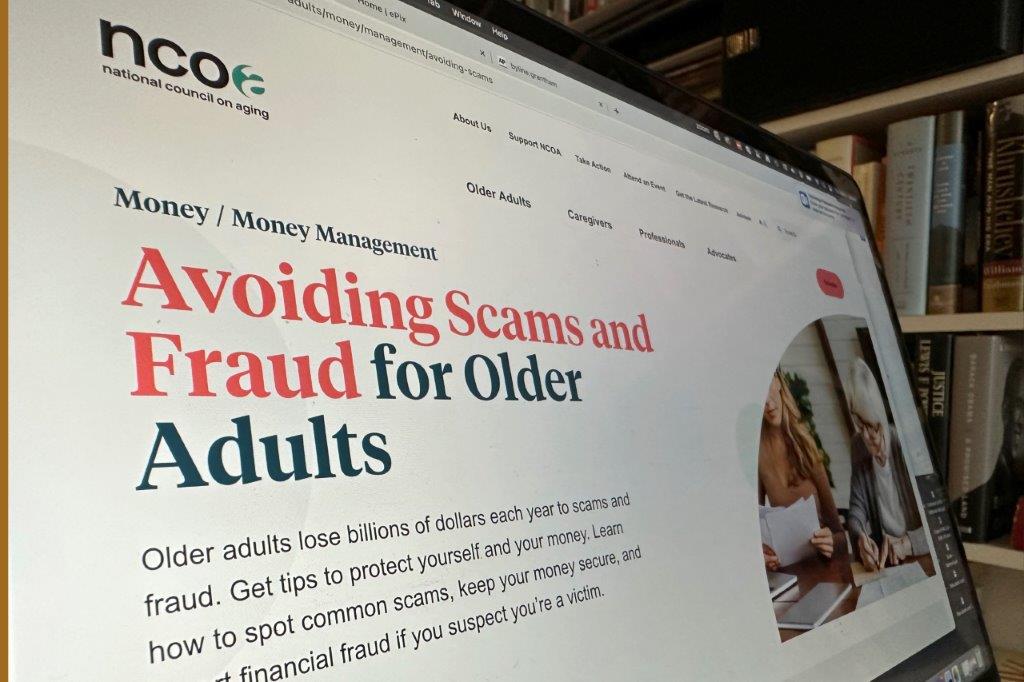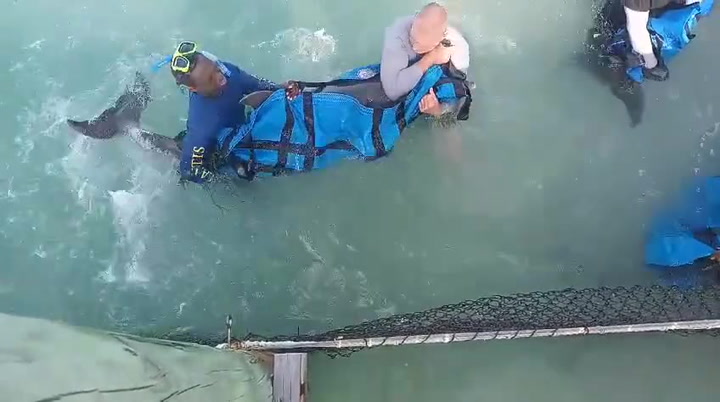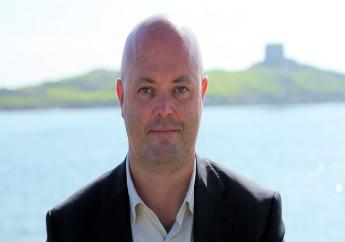

United States law enforcement authorities have charged 16 people in connection with a sprawling “grandparent scam” that defrauded elderly Americans out of millions of dollars.
The Justice Department said 11 of the 16 are from the Dominican Republic and have been named in the 19-count indictment with mail and wire fraud conspiracy, wire fraud, mail fraud, conspiracy to commit money laundering and money laundering.
According to the indictment, unsealed in New Jersey, the defendants engaged in a long-running “grandparent” or “family in need of bail” scam against seniors in the United States. The scam was operated from call centers in the Dominican Republic.
The Justice Department said an additional five defendants, all based in the United States, were charged by complaint with wire fraud conspiracy as part of the same scheme. They are alleged to have acted as couriers who picked up cash from defrauded victims in New Jersey, New York and elsewhere.
“The Justice Department’s Consumer Protection Branch and its law enforcement partners will vigorously pursue individuals who prey on vulnerable and elderly victims through fraudulent schemes,” said Deputy Assistant Attorney General Arun G. Rao of the Civil Division.
“We will continue to identify perpetrators of these schemes and prioritise the pursuit of those who deliberately target vulnerable consumers, whether located in the United States or abroad.”
The authorities say the 16 defendants preyed upon grandparents’ familial love and devotion, cheating them out of millions of dollars.
In this ‘grandparents’ scam,’ the defendants allegedly impersonated grandchildren in distress, claiming, for example, they had been arrested after a car accident involving a pregnant woman who later miscarried, and they needed immediate cash for bail or a lawyer. The panic-stricken grandparents quickly paid, sometimes tens of thousands of dollars.
Acting Special Agent in Charge of Homeland Security Investigations (HSI) New York, Darren B. McCormack, said that the announcement of the indictment stems from the defendants alleged “heartless targeting of elderly victims who were collectively tricked into handing over millions of dollars.
“For their own selfish gain, these accused individuals threatened innocent Americans’ livelihoods and robbed them of their precious time and any nest eggs they had secured for themselves.
“This can truly happen to anybody, and while we will always be there to assist victims, we hope that raising awareness will give these criminal opportunists fewer chances to target the public,” he added.
“These charges underscore law enforcement’s commitment to protecting our older population from fraudsters and financial exploitation,” said Commissioner Edward A. Caban of the New York Police Department (NYPD).
“The crimes outlined here are truly depraved in their nature: targeting our parents and grandparents, aunts and uncles, and others in an elaborate venture to bilk them of their hard-earned savings. I applaud our NYPD investigators and all of our federal partners involved in this important case for their tireless dedication to our shared public safety mission.”
According to documents filed in the case and statements made in court, three of the accused operated a sophisticated network of call centres in the Dominican Republic. Their alleged victims included elderly residents of several states, including New Jersey, New York, Pennsylvania and Massachusetts. The call centers victimised hundreds of Americans through fraud, stealing millions of dollars.
Members of the conspiracy referred to as “openers” called elderly victims in the United States and impersonated the victims’ children, grandchildren, or other close relatives. The call centres used technology to make it appear that the calls were coming from inside the United States. Typically, the victim was told that their grandchild had been in a car accident, was arrested in connection with an accident, and needed help.
Once openers tricked victims into believing their loved ones were in dire trouble, others working at the call centres, known as “closers,” allegedly impersonated defense attorneys, police officers or court personnel and convinced victims to provide thousands of dollars in cash to help their loved ones.
According to charging documents, closers, told victims to give the cash to couriers who they sent to victims’ homes to collect their money. Other times, closers instructed victims to send the cash by mail.
Once victims were convinced to give cash, call centre “dispatchers,” recruited and managed a network of US-based couriers to obtain cash from the elderly victims across the northeastern United States.
Those US-based couriers typically went to the elderly victims’ home to pick up the cash, often using false names and providing victims with fake receipts. The couriers then brought the cash to other members of the conspiracy, who sent the victims’ money to the Dominican Republic.
If convicted, the defendants face a maximum penalty of 20 years in prison for each count, a maximum fine of US$250,000 for each count of the mail and wire fraud charges and a maximum fine of US$500,000 for each count of money laundering.







 32°C
32°C






















 Facebook
Facebook
 Twitter
Twitter
 Instagram
Instagram